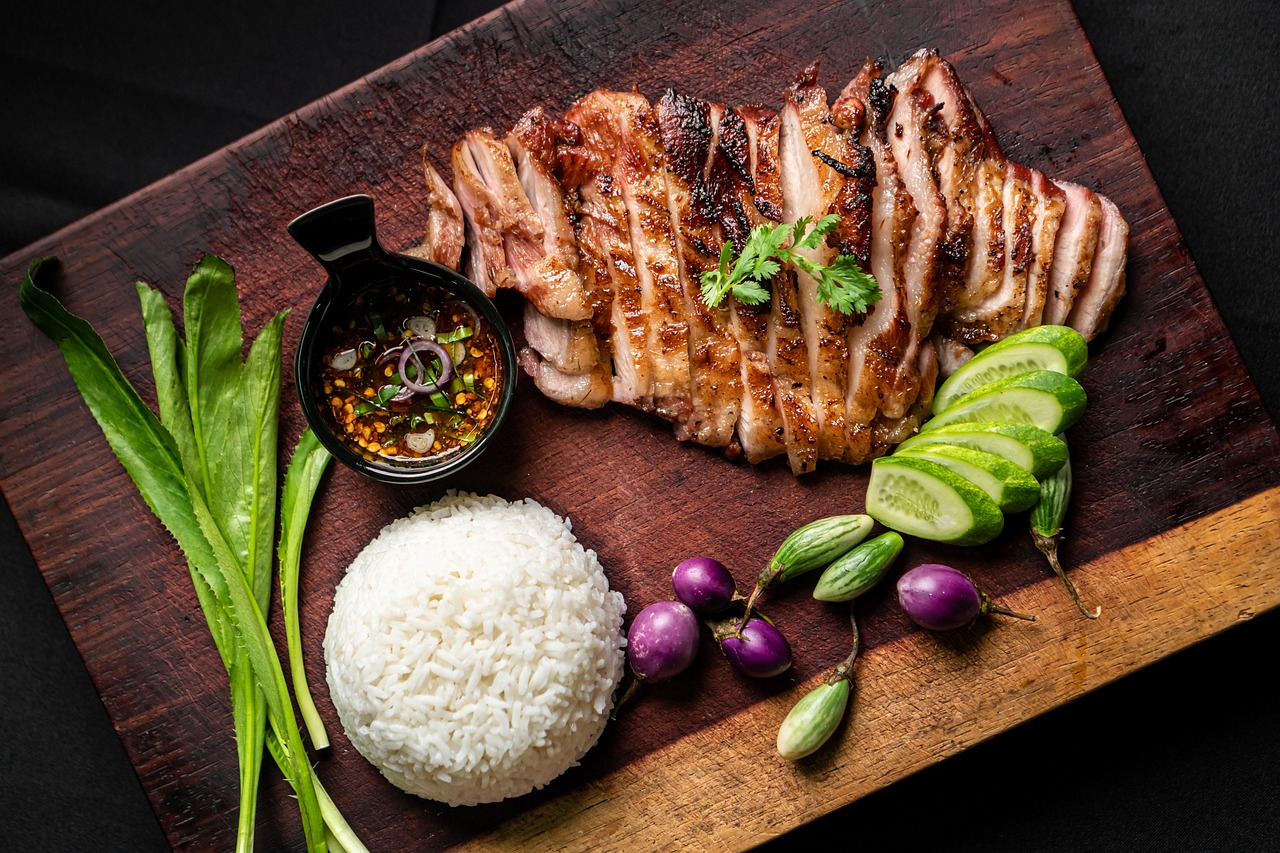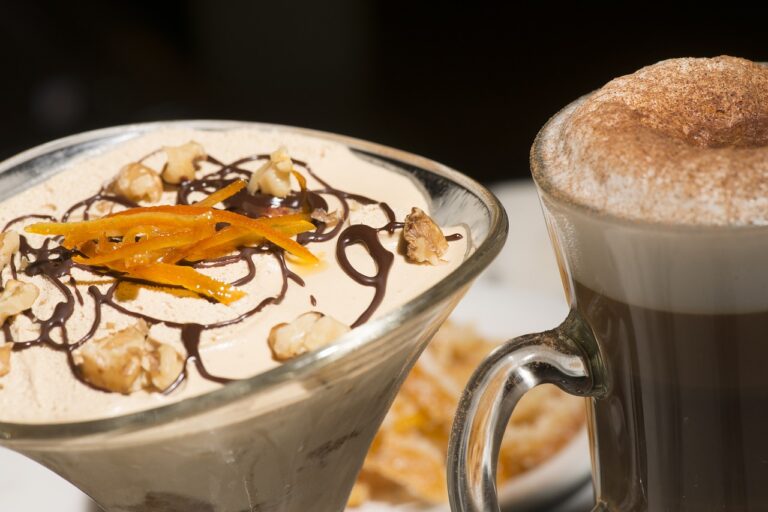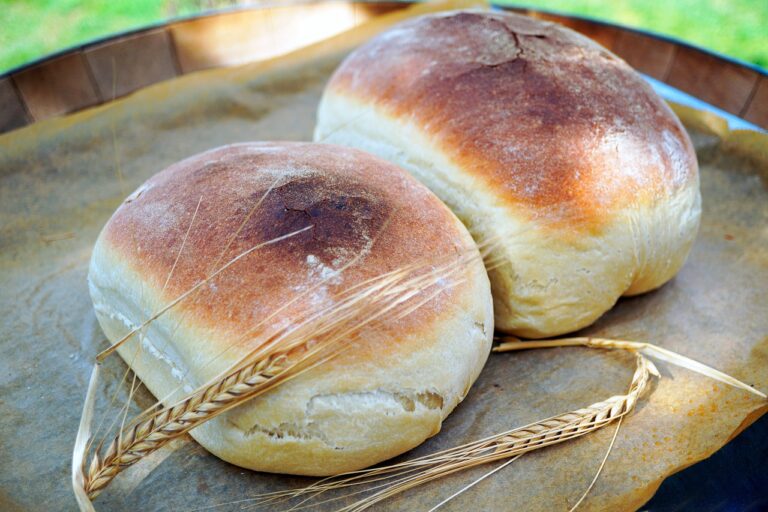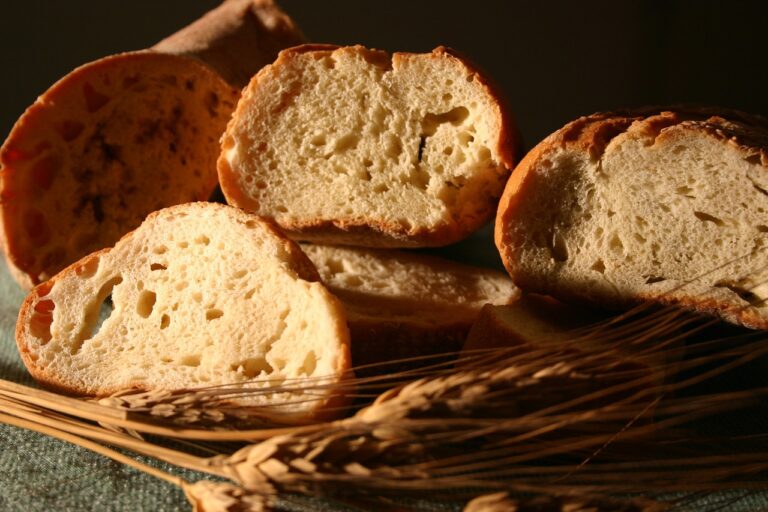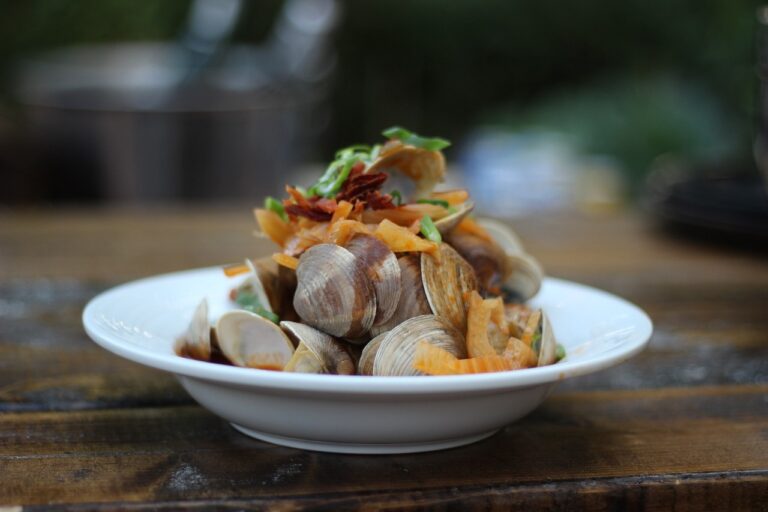The Role of Food in Family Traditions and Rituals
Food serves as a powerful vessel for preserving and transmitting cultural heritage from one generation to the next. Through traditional recipes and cooking techniques, individuals can connect with their roots and maintain a sense of identity amidst a rapidly changing world. The flavors, aromas, and rituals associated with particular dishes carry with them the stories and traditions of a community, allowing future generations to partake in and appreciate their rich cultural history.
Furthermore, the act of preparing and sharing these cultural dishes creates a sense of belonging and unity within families and communities. Cooking together, whether it be for daily meals or special occasions, fosters bonds and strengthens relationships among loved ones. The act of passing down recipes from elders to younger generations symbolizes not only the transfer of culinary knowledge but also the continuation of customs and values that define a particular cultural group.
The Connection Between Food and Family Bonding
Food plays a crucial role in strengthening the bonds within a family unit. Sharing meals together fosters a sense of closeness and unity among family members. The act of preparing and enjoying meals together allows for quality time spent with loved ones, creating cherished memories that can be cherished for years to come.
In many cultures, recipes are passed down from generation to generation, symbolizing a connection between the past, present, and future. When families gather to cook traditional dishes, they are not just sharing a meal but also sharing stories, anecdotes, and experiences. This exchange of culinary knowledge and traditions helps preserve cultural heritage while building stronger bonds between family members.
How Traditional Recipes Preserve Generational Memories
In every spoonful of a traditional recipe lies a story, a legacy passed down from generation to generation. These recipes act as a time capsule, preserving not only flavors but also memories that are etched in each ingredient and cooking technique. Each time we recreate these dishes, we are not just sharing a meal but also reliving the moments and experiences that connect us to our roots.
The act of cooking these traditional recipes becomes a ritual, a homage to our ancestors who diligently crafted these culinary treasures. The process of meticulously following these age-old recipes serves as a tribute to the past, a way of honoring the traditions and customs that have shaped our cultural identity. Through these recipes, we are able to bridge the gap between the past and present, creating a sense of continuity and belonging that transcends time.
• Traditional recipes serve as a connection to our cultural heritage and ancestry
• Cooking these dishes becomes a way of honoring the traditions and customs of our past
• Each ingredient and cooking technique holds memories that are passed down through generations
• Recreating these recipes allows us to relive moments and experiences from the past
Why are traditional recipes important in preserving generational memories?
Traditional recipes hold cultural significance and are often tied to specific memories and experiences, making them a way to pass down family history from one generation to the next.
How are traditional recipes connected to family bonding?
Cooking and sharing a meal together can create a sense of unity and connection within a family, and traditional recipes play a key role in this bonding experience.
How do traditional recipes help keep cultural heritage alive?
By maintaining and passing down traditional recipes, families can ensure that their cultural heritage and traditions are preserved for future generations to appreciate and continue.
What can I do to ensure that my family’s traditional recipes are not lost?
It is important to document and share traditional recipes within your family, and continue to cook and enjoy them together to keep the memories and cultural heritage alive.

